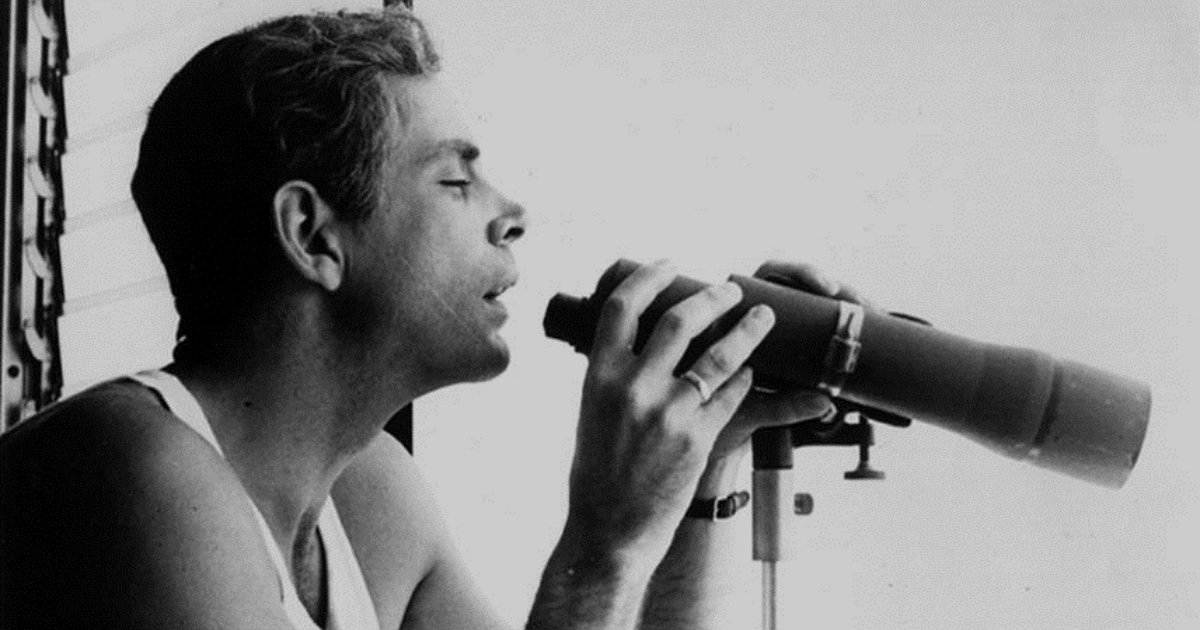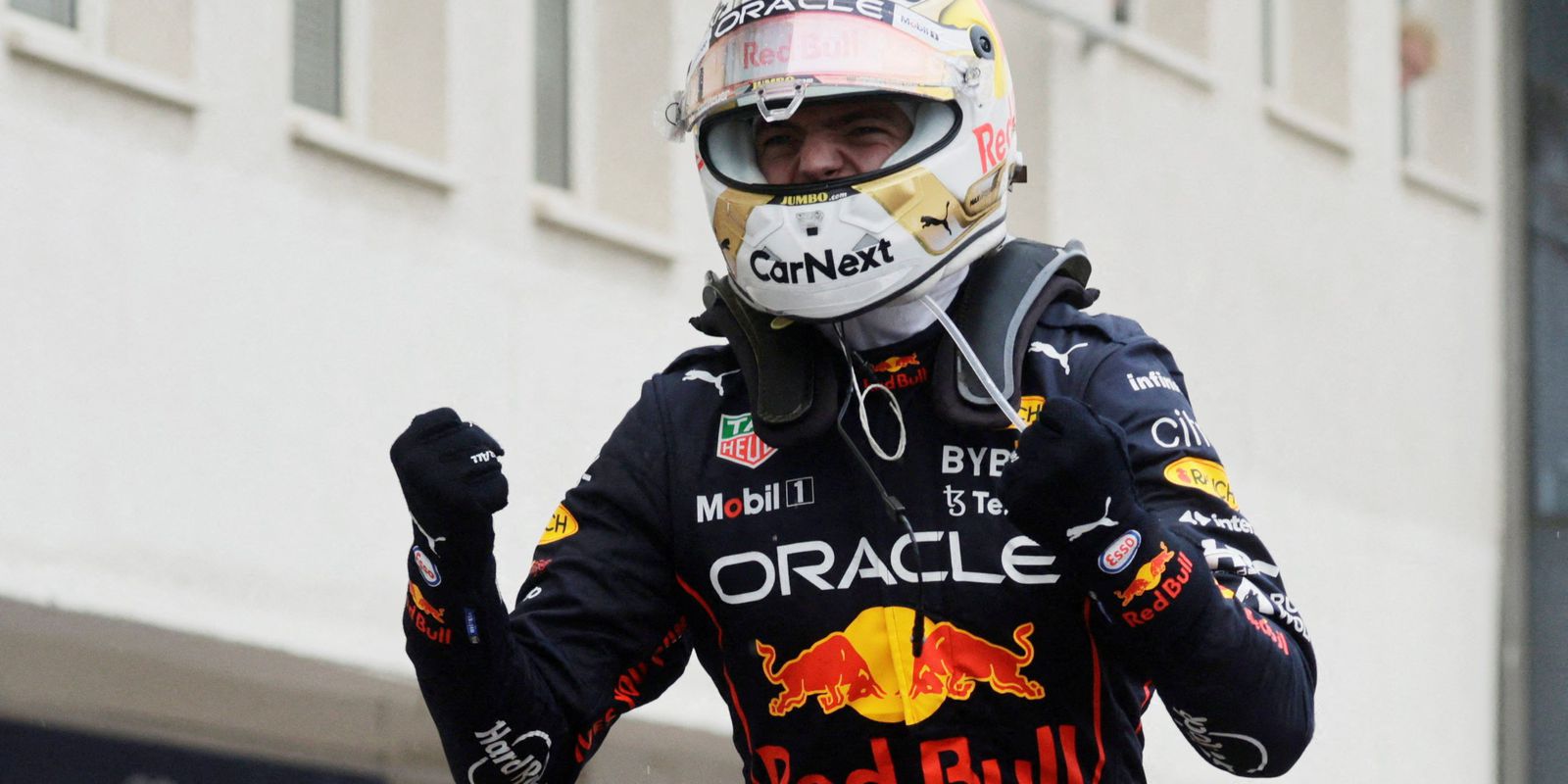Though Jose Antonio Ocampothe new Minister of Finance for the Government of Gustavo Petro is a veteran in the matter, since he already held the position between 1996 and 1997, in addition to other ministerial and high-level government roles, He will face several important challenges in his second round at the head of the Treasury and Public Credit.
(Tax reform would be presented on August 8).
Managing public finances in a context marked by marked spending needs, added to a narrow margin of maneuver due to a tight fiscal outlook, are the situations that turn the idea of a reform of nearly 5% of GDP into a marathon task.
Portafolio consulted four former Ministers of Finance about the biggest challenges they feel the new government will face in economic matters, and Ocampo, at the head of the Ministry of Finance, and also asked them about the recommendations for the new head of the portfolio.
Managing fiscal accounts is one of the most recurrent pieces of advice, but Mauricio Cárdenas, Juan Carlos Echeverry, Óscar Iván Zuluaga and Juan Camilo Restrepo highlighted several key skills that Ocampo will require, such as knowing how to reach consensus, being strategic when choosing spending priorities , and even, the assertive in communication.
John Camilo Restrepo
TIME
John Camilo Restrepo
“The main challenge in my opinion is reconcile the fiscal situation of the countrywhich is currently very close, with attention to the expectations that the proposals of the president-elect have aroused during what was the presidential campaign.
The fiscal availability is very tight, while the expectations for those offers that were made throughout the campaign are gigantic. How to reconcile this is the main challenge for fiscal policy and for the Ministry of Finance.
I think that the new head is very clear, first, that the fiscal rule must continue to be complied with, he has said that several times, and it seems to me that it is a serious message and, of course, within all those social spending offers that have been mentioned, it is necessary to choose which are the highest priority and which are not, and gradually develop them.
They cannot all be done at the same time nor can they be financed all simultaneously”.

Óscar Iván Zuluaga, candidate of the Democratic Center.
private file
Oscar Ivan Zuluaga
“The main challenges that the Minister of Finance will face have to do with ensure the confidence of markets and investors; respect fiscal institutions (independence of the Central Bank and the fiscal rule); maintain economic growth of no less than 5% to ensure the sustainability of the debt and the primary surplus and return to annual inflation levels of no more than 4%.
Regarding the recommendations, it has been shown that the best tax reform is to make the economy grow at high rates. A tax reform of $50 billion decreases consumption, private investment and therefore economic growth. In this sense, the tax reform should not exceed $30 billion.
The scenario of global economic recession and high inflation require decisions that indicate a prudent and responsible management of economic policy. We must beware of the temptation of populism. And without oil income there is no economic stability.”

Juan Carlos Echeverry, presidential candidate, says that new economies must be promoted.
private file
juan carlos echeverry
“The main challenges that the next government will face will be, first, pass a reform of 5% of GDP. The big question is whether Congress is going to be weak enough and “culiprono” enough to approve that, a pernicious reform. The second point is the balance of payments, and a third point is to clarify what type of reform of pensions, health and banking they want to carry out, and if the current fiscal rule is enough for them or not; and if you want to put import substitution, how to control that at the same time.
As a former minister, I think that a 5% reform is not needed. Moreover, a 2% of GDP reform is not needed. If an additional tax reform to that of Duque is needed, it would be 1% of GDP, and I would be a gradualist with that, waiting for 2023 or 2024 to see if the finances show solidity and growth continues. Second, there is a very complicated triangle between politics, economics and security. Security can sneak up the rear and affect the economy. You have to be careful between political stability and economic strength.”

Minister Mauricio Cárdenas assured that Colombia welcomes “with great commitment” thousands of Venezuelans fleeing famine, but warned that if the phenomenon increases, “difficulties will arise to face it.”
EFE
Mauricio Cardenas
“There are many challenges, it is a very important ministry that always plays a pivotal role in the entire conversation. The big challenge is reconcile a progressive, reformist agenda that seeks to solve serious problems of inequality that Colombia hasand it is a clear mandate that the government has received, and on the other hand, to continue managing public finances under parameters where responsibility prevails.
It is easy to say, but difficult to do, because it requires postponing aspirations and sacrificing objectives for a budget constraint. That requires a great deal of capacity for negotiation and conciliation of certain interests, and I am sure that Minister Ocampo has the capacity to do so. It is very difficult to give advice from one former Minister of Finance to another, but this is a position where the most important thing is communication, not mistakenly think that you are in an ivory tower and everyone will understand what you are doing and saying, the country must understand even the most basic dilemmas”.
LAURA LUCIA BECERRA ELEJALDE
BRIEFCASE








